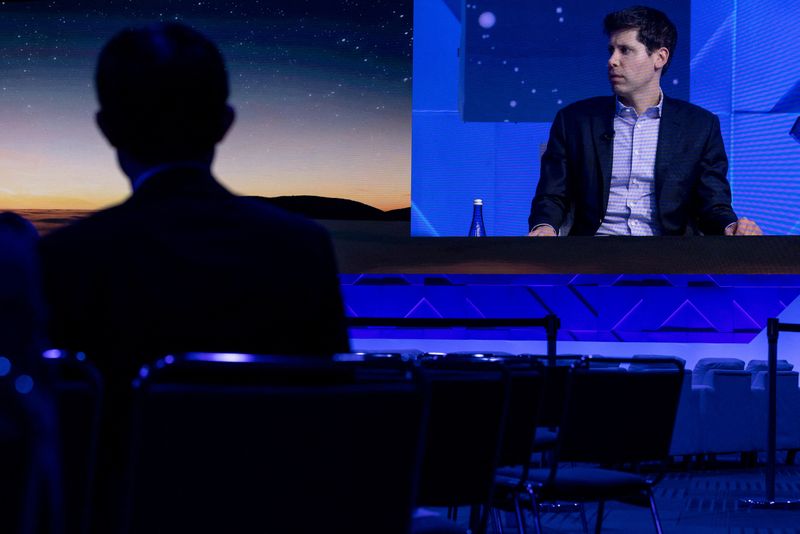As CES 2024 gears up in Las Vegas, the absence of OpenAI’s charismatic CEO, Sam Altman, is overshadowed by the pervasive influence of generative artificial intelligence. The technology that sparked a frenzy last year is set to dominate this year’s Consumer Electronics Show, with gadget makers unveiling a myriad of applications ranging from aiding the visually impaired to revolutionizing safety systems. Despite Altman’s physical distance, the AI fever set off by OpenAI continues to shape the tech industry’s landscape, reminiscent of Apple and Steve Jobs’ impact on past CES events.
AI in gadgets for safety and accessibility
The first wave of announcements at CES revolves around the integration of AI into gadgets designed to enhance safety and accessibility. Companies are pushing boundaries to create innovative solutions, such as Germany’s Bosch, which earned a CES award for its near-invisible gun-detection system using video and audio AI for proactive security in schools.
In parallel, Japan’s NEC is set to unveil AI software capable of analyzing facial patterns and pupil conditions, estimating human vitals and mental states. The convergence of AI and real-world problems is evident, marking a pivotal shift in the tech industry’s approach to addressing societal challenges. The commitment of these companies to leverage AI for social good underscores the transformative potential of artificial intelligence beyond the conventional realms of consumer electronics.
AI revolutionizes the automotive industry
Basking in the luminous glow of the CES 2024 spotlight, the automotive industry unfurls a transformative narrative, pivoting from the realms of autonomous technology to the zenith of “hyper-personalized” experiences, ingeniously propelled by the omnipotent force of artificial intelligence. In this epochal showcase, automakers ardently embrace technological prowess, not merely as a vanguard for ensuring the sanctity of vehicular transit but as a venerated architect sculpting an elevated pantheon of customer experience.
Companies like Cerence, with its AI-powered virtual assistants, are forming partnerships, such as the anticipated collaboration with Volkswagen. Simultaneously, Israel-based Cipia introduces a system monitoring signs of distraction and drowsiness in drivers. The integration of AI in vehicle production, from development acceleration to quality checks, signals a strategic move by the industry to enhance efficiency and reduce costs. The transformative impact of AI on the automotive sector extends beyond the driving experience, permeating the entire production cycle and redefining industry standards.
CES 2024 – Deciphering the AI revolution’s impact on consumer choices
As CES 2024 unfolds, the pervasive influence of AI across diverse sectors raises questions about consumer adoption. Will the intricate applications of AI, showcased by companies at the event, convince consumers to invest in gadgets that offer less obvious but potentially transformative benefits? The rush to incorporate AI into products, mirroring the fervor around OpenAI’s ChatGPT, underscores the tech industry’s quest for consumer utility.
With AI taking center stage, the coming year promises a transformative journey as the world navigates the evolving landscape of artificial intelligence. Will consumers embrace the invisible hand of AI, guiding their gadgets and experiences toward a new frontier of possibilities? As CES 2024 concludes, the lingering question remains: is the world ready to fully embrace the AI revolution, or will it tread cautiously in the face of unprecedented technological advancements?




